DRSEA INFORMER
Volume III, Issue 5: A Publication For Your Reading Enjoyment
Torii Hunter apparently never read Greek philosopher Heraclitus of Ephesus’ caution on stupidity. The Anaheim Angels center fielder gave new meaning to the phrase “dumb jock” when he claimed that dark-skinned baseball players from the Dominican Republic are not black but “imposters.”
“People see dark faces out there, and the perception is that they’re African American,” Hunter said, according to an article in USA Today that examined the lack of African American baseball players. “They’re not us. They’re impostors. Even people I know come up and say, ‘Hey, what color is Vladimir Guerrero? Is he a black player?’ I say, ‘Come on, he’s Dominican. He’s not black.’ “
African Americans made up only 9 percent of Major League Baseball rosters last season, compared to 29 percent foreign players, with the Dominican Republic contributing the largest share of that percentage.
The article also quoted Hunter as saying teams chase Latino players “because you can get them cheaper. It’s like, ‘Why should I get this kid from the South Side of Chicago and have Scott Boras represent him and pay him $5 million when you can get a Dominican guy for a bag of chips?’ “
While Hunter is right in his assessment that it is cheaper to develop Dominican talent, his marginalizing the ethnicity of Dominican players is absurd. I happen to know of one Major League Baseball team that is developing a couple of Ghanaian baseball players who I predict will one day be in Major League Baseball uniforms. By Hunter’s standard, those African players should not be considered black.
Hunter exacerbates his ignorance by excluding Guerrero from “blackness” by creating a new ethnicity – Dominican. The official ethnic breakdown in the Dominican Republic is 16 percent white, 11 percent black and 73 percent mixed, with that mix being undeniably of African Diaspora ancestry. Just as there is a melting pot of Americans who consider themselves black, so it is in the Dominican Republic. President Barack Obama is called our first black president even though his mother is white. Remember the one drop rule? The fact Hunter needs to face is that more and more great baseball players are black, regardless of their nationality.
Hunter is correct that Major League Baseball pursues Latino talent because of the cost factor; it is less expensive to develop players in the Dominican Republic than in the United States. Baseball spends $100 million annually on development factories here; it is a business decision to do so.
But that should not negate a responsibility by Major League Baseball to improve the number of African Americans playing baseball; in 1975, 27 percent of the players were black Americans.
Without a doubt, Major League Baseball’s decision to mine talent offshore has played a role in the decline of African American participation in the game, but it is only one factor.
Even six decades after Jackie Robinson broke the color line, baseball continues to have a public relations problem in the African American community because many believe America’s pastime is inherently racist. The fact that there was a color line for Jackie Robinson to break remains fixed in the minds’ of many, most of whom couldn’t tell you who broke the color line in professional football, basketball or hockey.
Add to that the fact that most high school athletes today are not triple threats, playing three sports a year. Summer, the primary baseball season in the United States, is also the evaluation period for college basketball. If you are a gifted basketball player looking for a college scholarship, you concentrate on that sport in the summer, not baseball.
One result is that blacks are poorly represented in college baseball. Only about 6 percent of college players are black; about 5 percent are Latino. With only 11.5 scholarships allotted for NCAA Division I baseball teams, the competition is fierce.
On top of that is my belief that baseball is not marketed well to the African American community. Go into any black community and you will see an abundance of basketball courts; rarely do you see baseball diamonds, and the ones that do exist are generally poorly maintained. Listen to black radio and rarely do you hear an ad for “Take Me Out To The Ball Game.”
On the positive side, baseball is acutely aware of the problem it has attracting African American players and fans to the game. Several years ago it created the RBI program (Reviving Baseball in the Inner Cities), which is now nationwide and even in the Dominican Republic. The program has established baseball academies in Compton, CA, and Houston, with sites approved for Miami and New Orleans. Hunter, to his credit, gives generously to charitable efforts for the development of baseball in disadvantaged neighborhoods.
Major League Baseball also created the Civil Rights Game in 2007 to honor the civil rights movement in the United States, and to mark the end of the league’s spring training. Last year, the game became a regular season game.
Can baseball do more to improve African American participation? Sure, but it also needs to work on blunting the beliefs of those like Torii Hunter that pit black Americans against black Dominicans.
Keith Lee, chief operating officer of the National Consortium for Academics and Sports, and a member of the Board of Trustees of the Dominican Republic Sports & Education Academy, said, “I have been very saddened by the lack of black American players in Major League Baseball. I am aware of the various reasons for that, but I don’t want to see it turn into a war between the foreign players and the black American players.”
Lee, a former professional football player and an expert on diversity in sports, added, “I think there is room for all players from the global community to enjoy this game.”
Meanwhile, the Dominican media is having a field day with Hunter’s comments. Said one radio talk show host, “Hey, what color is (NBA star) Dirk Nowitzki? Is he a white player? I say, ‘Come on, he’s German. He’s not white.’ “

![Reblog this post [with Zemanta]](http://img.zemanta.com/reblog_e.png?x-id=e9d3db15-4737-42a8-bed8-39e70c9e2051)
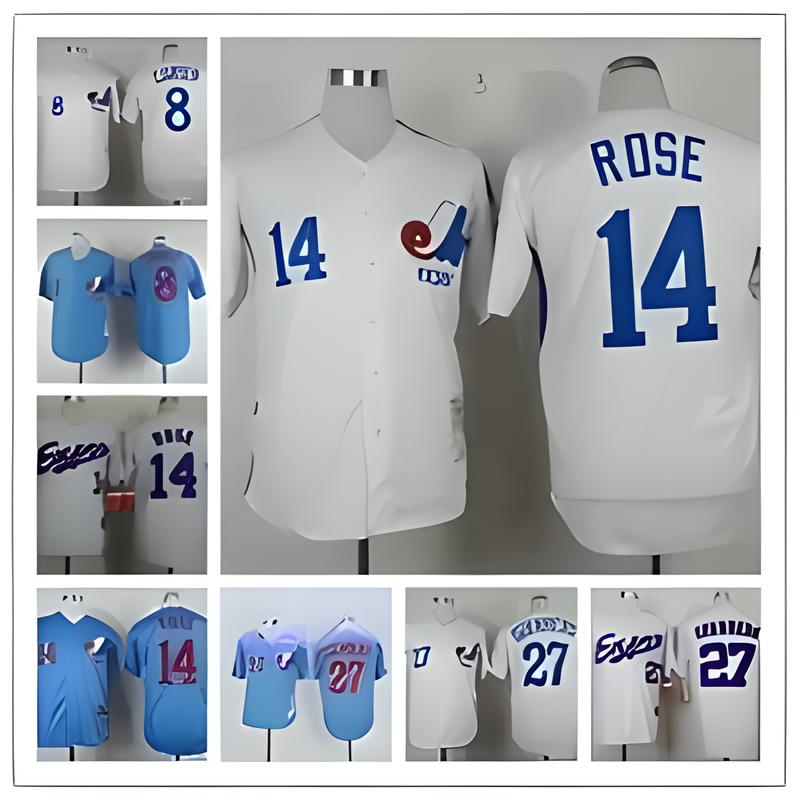

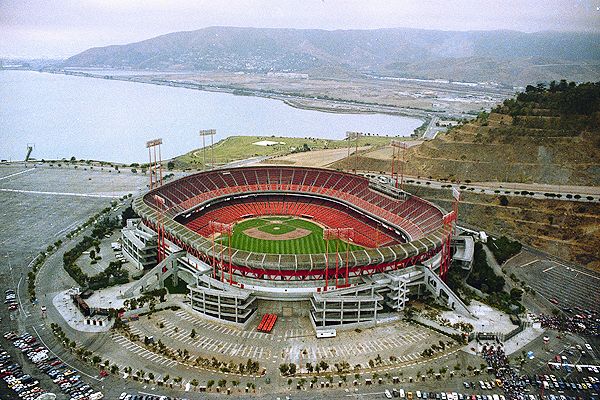
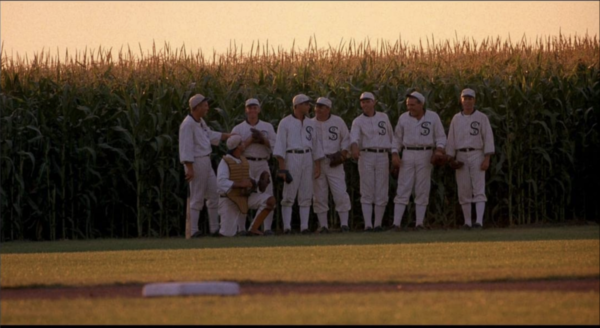

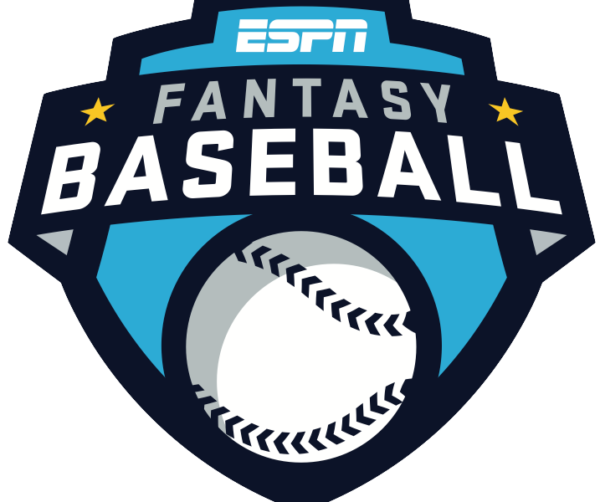
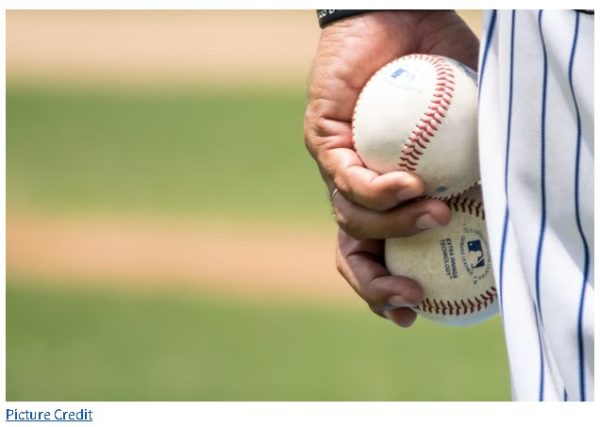
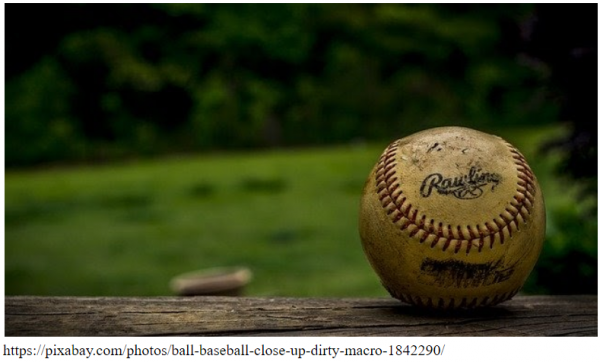

One Response
A black born in the US is, I suppose, an “African American.” A black Dominican would be an “African Dominican.” We have “African Cubans,” and “African Puerto Ricans.”
The fellows from Ghana are African Ghananians, I guess.
How about Arabs from Northern Africa who move to the US? They’re from Africa, so are they African Americans? Or are they Arab Americans? How about my sons’ junior high geography teacher? He was white, but was born and raised in Kenya? African American or Euro-Afro American?
Hunter mispoke, but I certainly can understand if he was confused.